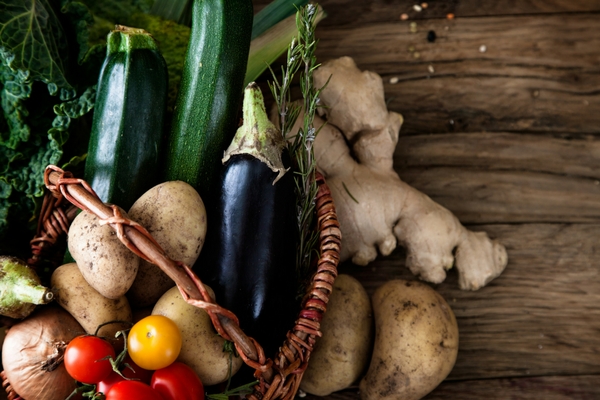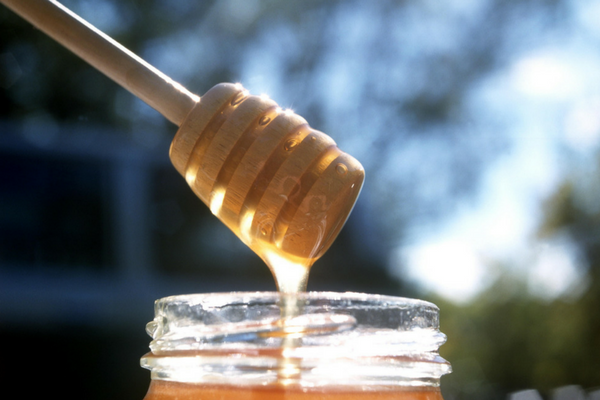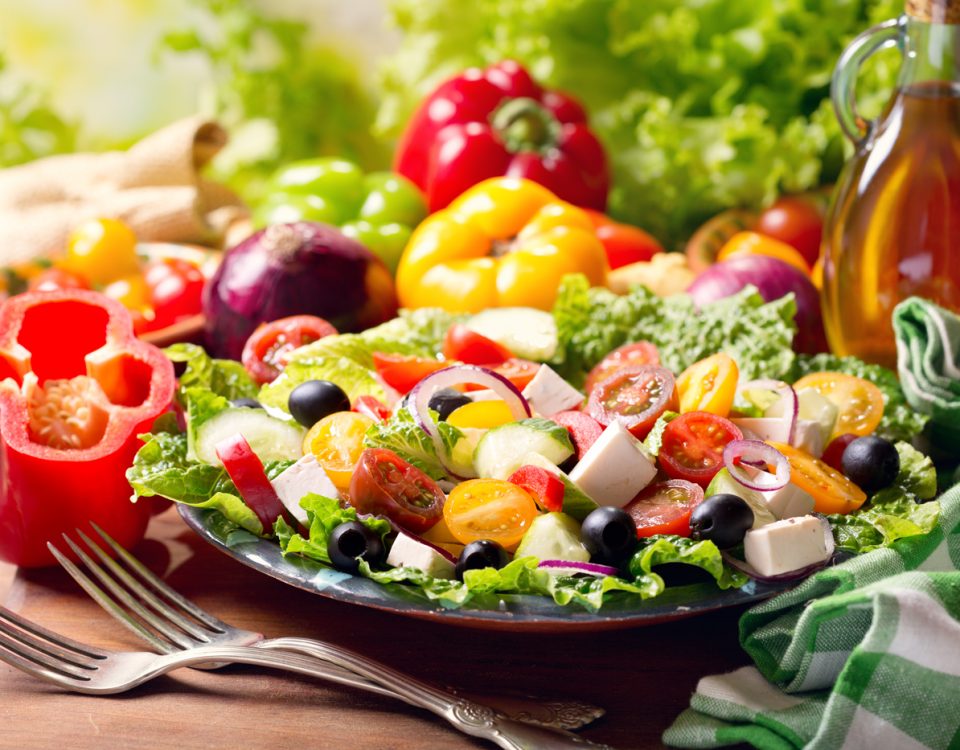
It’s that time of year again when many of us struggle with allergies. Congested sinuses, watery or itchy eyes and headaches are familiar symptoms and annoyingly these can also cause us to feel more tired, struggle to concentrate and drive us to spend more time indoors. We spoke to highly-respected nutritionist Ruth Sharif to find out how our diet can help reduce these unwanted symptoms...
Ruth says...
I would never claim that food and nutrition alone can cure severe seasonal allergies but there certainly are things we can do to help alleviate symptoms, or at least reduce the frequency with which we need to resort to medication.
1. Eat an anti-inflammatory, antioxidant rich diet
Of course this is what we should all be doing anyway! But don’t underestimate the impact of fuelling your body (throughout the year and at least well in advance of the allergy season) with nutrient dense foods in arming your immune system to respond appropriately to allergens in the environment. Allergies produce biochemical stress in our tissues and antioxidants can counteract this.
A diet rich in anti-inflammatory, antioxidant foods includes:
- broad range of colourful fruit and vegetables but with emphasis on green leafy veg and antioxidant rich dark berries. Pineapple is another good one as it contains bromelain; a digestive enzyme with anti-histamine properties
- foods rich in omega 3 fatty acids such as oily fish (salmon, mackerel, anchovies, sardines, trout), chia, flax and hemp seeds. Eating oily fish at least three times per week is a good target
- vitamin A foods as it helps keep mucous membranes healthy: carrots, squash, apricots, sweet potatoes, mangoes
- alliums: garlic, onions and leeks and cruciferous vegetables such as broccoli, cabbage, cauliflower and sprouts
- fibre rich wholegrains such as brown or wild rice, quinoa, oats
- anti-inflammatory herbs and spices like turmeric, cinnamon, ginger
- herbal teas such as nettle, green and camomile tea may help reduce the histamine reaction
- and of course it makes sense to avoid the pro-inflammatory foods like sugar (yes that one again) containing foods, processed foods and trans fats. A good rule of thumb for avoiding trans fats is to steer clear of products that contain the words “hydrogenated” or “partially hydrogenated oils ” on the label

2. Avoid foods which promote histamine
Certain foods may cause your body to produce histamine, a substance that you naturally release when fighting allergens.
These foods include processed meats, smoked fish, dried fruit like raisins, mushrooms, tomatoes and aubergines. Limiting or avoiding alcohol during this time makes a difference too as it also contains histamine.
3. Look after your gut bacteria
You have probably heard by now that up to 80% of our immune system is based in the gut. Low diversity in gut bacteria is associated with all types of allergies so encouraging the proliferation of beneficial bacteria for a healthy immune response is a good move.
Gut friendly foods include:
- prebiotic foods promote the growth of beneficial gut bacteria: onion, leek, garlic, jerusalem artichoke and micro algae plant foods such as spirulina and chlorella (can take as supplements)
- probiotic foods which contain the beneficial bacteria: kefir, fermented vegetables, kombucha tea, natto and miso
4. Limit dairy intake
Dairy can thicken the mucus your body creates so can cause more irritation for hay fever sufferers. Choosing alternatives such as unsweetened coconut/almond or oat milk may help relieve symptoms.
5. Eat local raw honey

The idea is that eating English honey rich in local pollen can help “educate” your immune system to tolerate local pollens. The honey does not need to come from your exact town but a similar part of the country. The evidence for this approach is partly anecdotal but many people swear by it so it is certainly worth a try!
Try your local farmers' market or health food store and ideally start taking a tablespoon of honey per day well before your pollen season starts.
6. Take supplements
Quercetin
A bioflavonoid that occurs in plants foods and acts as a natural anti-histamine in the body. It helps calm the hyperactivity of the airways. Start taking this a few weeks before hayfever season starts to get the full benefit. I like Nutri Advanced’s Aller C or Solgar’s Quercetin Complex with Ester C which also contain the powerful antioxidant vitamin C.
Probiotic
There is plenty of research now linking a healthy gut microbiome to reduced risk of allergies and an improved response. I would recommend including a broad spectrum probiotic supplement containing both Lactobacillus and Bifidobacteria in your tool kit. Biocare, Renew Life and Optibac all provide a good range of well researched probiotic supplements.
Fish oils
As a rich source of anti-inflammatory omega 3 fatty acids, a good quality fish oil supplement is a must for allergy sufferers. It takes a while to build up in the body however, so do start this one a few months in advance also.
Wileys Alaskan Fish oils, Igennus PharmEPA Restore, Minami Nutrition Mor EPA Platinum are all options I recommend to clients
MSM
MSM or Methylsulfonylmethane is an organic sulphur compound found in vegetable and animal protein. Research has shown that MSM supplementation can reduce symptoms of both nasal congestion and coughs in allergy sufferers. Lamberts or Solgar MSM are both good options.
If you have any questions or queries about anything in the article, please contact Ruth on or for information on consultations and programmes go to www.ruthsharif.com





